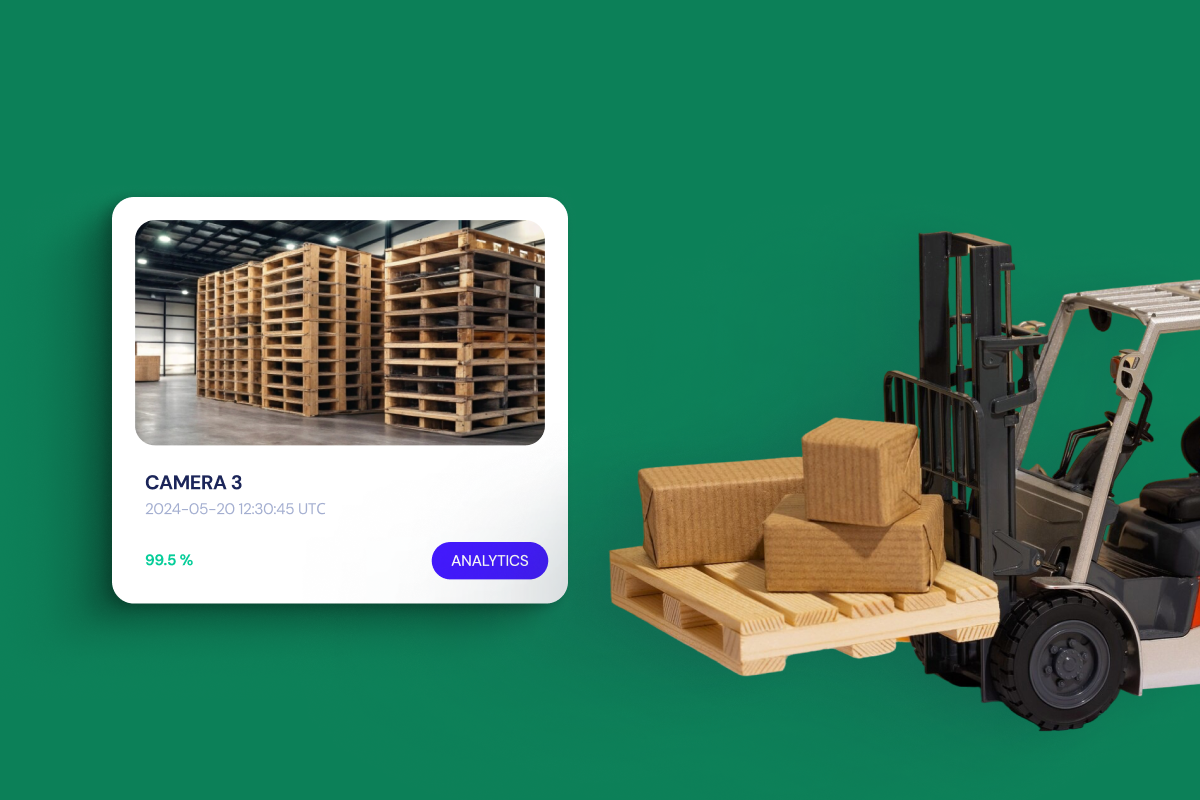AI-Powered Patent & Sequence Intelligence Platform
Azati developed an AI-driven platform that enables the client to intelligently analyze patents and biological sequences. The solution automates search, annotation, and structuring of large-scale datasets, helping researchers and IP analysts gain actionable insights faster and more accurately.
- 50M+documents and sequences processed
- 72%reduction in manual work via AI
- 91%search accuracy and result relevance




















